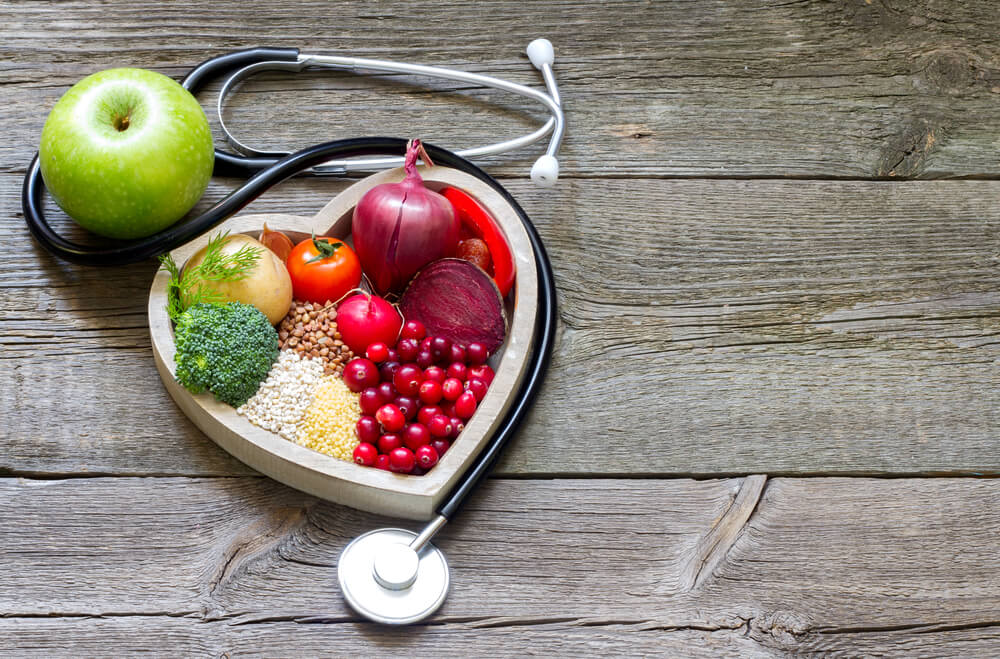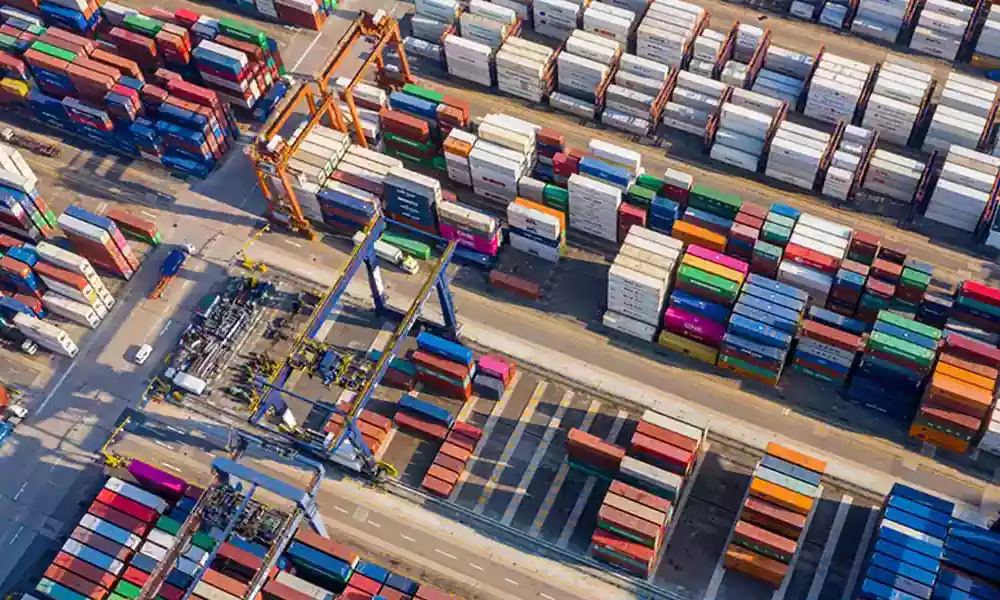Importance of Health Certificates in Agricultural Exports: A Guide for Importers
In the realm of agricultural exports, the significance of health certificates cannot be overstated. These documents serve as a crucial link between producers and importers, ensuring that the products meet specific health and safety standards. For importers, understanding the importance of health certificates in agricultural exports is essential to facilitate smooth transactions and maintain compliance with international regulations.
Health certificates are official documents issued by relevant authorities, confirming that agricultural products are free from pests, diseases, and contaminants. They play a pivotal role in international trade, particularly for countries like Iran and the United Arab Emirates, where agricultural products are a vital part of the economy. Companies such as Hamrah Tejarat Maham in Iran and Al Alam Al Raqmi L.L.C in the UAE are prime examples of businesses that rely heavily on these certificates to ensure their products are accepted in foreign markets.
One of the primary reasons health certificates are essential is that they provide assurance to importers about the quality and safety of the products they are purchasing. For instance, when dealing with fresh fruits and vegetables, importers need to be confident that these products have been inspected and deemed safe for consumption. This is where health certificates come into play. They not only protect consumers but also help importers avoid potential legal issues that could arise from importing contaminated or diseased products.
Moreover, health certificates can significantly impact the speed and efficiency of the import process. In a world where time is often of the essence, delays caused by insufficient documentation can lead to financial losses. Importers who understand the importance of health certificates in agricultural exports can streamline their operations, ensuring that all necessary paperwork is in order before products arrive at their destination. This proactive approach minimizes the risk of customs delays and enhances the overall efficiency of the supply chain.

Navigating the complexities of agricultural exports requires a solid understanding of the various regulations and standards that govern international trade. Importers must familiarize themselves with the specific health certificate requirements for each product and destination country. For example, different countries may have varying standards for pesticide residues, microbial contamination, and other health-related factors. Websites like fruit-trading.com can provide valuable resources and insights into these requirements, helping importers stay informed and compliant.
Additionally, the role of health certificates extends beyond just meeting regulatory requirements. They also serve as a marketing tool for exporters. In a competitive global market, having a health certificate can differentiate a product from others that may not have the same level of assurance. Importers are more likely to choose products backed by credible health certifications, as these documents instill confidence in the quality and safety of the goods.
Furthermore, the importance of health certificates in agricultural exports is underscored by the increasing consumer demand for transparency and traceability in food supply chains. Today’s consumers are more informed and concerned about the origins of their food. They want to know that the products they purchase are not only safe but also ethically sourced. Health certificates provide a layer of transparency that can enhance consumer trust and loyalty, ultimately benefiting both exporters and importers.
In the context of Iran and the UAE, the agricultural sector is a significant contributor to the economy. Companies like Hamrah Tejarat Maham and Al Alam Al Raqmi L.L.C are at the forefront of this industry, facilitating trade between these two nations and beyond. By prioritizing health certificates, these companies can enhance their reputation and establish themselves as reliable partners in the global market.
It’s also worth noting that the process of obtaining health certificates can vary depending on the type of product being exported. For instance, animal products may require different certifications compared to plant-based goods. Importers must be aware of these nuances and work closely with exporters to ensure that all necessary documentation is obtained in a timely manner. This collaboration is crucial for maintaining the integrity of the supply chain and ensuring that products reach their destination without unnecessary delays.
In conclusion, the importance of health certificates in agricultural exports cannot be underestimated. For importers, these documents are not just a regulatory requirement; they are a vital component of successful international trade. By understanding the role of health certificates, importers can navigate the complexities of agricultural exports more effectively, ensuring compliance, enhancing consumer trust, and ultimately driving business success.
As the global market continues to evolve, staying informed about health certificate requirements and best practices will be essential for importers looking to thrive in the competitive landscape of agricultural exports. Companies like Hamrah Tejarat Maham and Al Alam Al Raqmi L.L.C exemplify the commitment to quality and safety that health certificates represent, paving the way for a more transparent and trustworthy agricultural trade environment.
In the end, the path to successful agricultural exports is paved with knowledge, diligence, and a strong emphasis on health certifications. By prioritizing these essential documents, importers can not only protect their businesses but also contribute to a safer and more reliable food supply chain for consumers around the world. In light of the critical role health certificates play in agricultural exports, it’s essential to delve deeper into how these documents are processed and the implications for both exporters and importers. The journey begins long before the products leave the farm; it involves meticulous planning and adherence to a series of regulations that can differ significantly from one country to another.
Take, for instance, the process of securing a health certificate. It typically involves inspections by governmental agencies or authorized bodies that assess the products for compliance with health standards. This means that exporters must ensure their products are cultivated, harvested, and processed under conditions that meet these stringent requirements. In many cases, this might involve regular testing for pesticide residues or pathogens, which can be a significant investment in terms of time and resources.
Moreover, the relationship between exporters and the authorities is crucial. Establishing a good rapport can facilitate smoother inspections and quicker turnaround times for obtaining health certificates. Exporters who maintain transparency and demonstrate a commitment to quality often find that they can navigate the certification process more efficiently. It’s a bit like building a bridge; the stronger the foundation, the easier it is to cross.
On the importer’s side, there’s a need for vigilance. Importers should not only verify the authenticity of health certificates but also stay updated on any changes in regulations that might affect their shipments. This could mean subscribing to industry newsletters or participating in trade associations that focus on agricultural exports. In my experience, being proactive in this regard can save a lot of headaches down the line.
Another aspect worth considering is the technological advancements that are reshaping how health certificates are issued and verified. Digital platforms are increasingly being utilized to streamline the documentation process, making it easier for exporters to obtain and share health certificates with importers. This not only speeds up the process but also reduces the likelihood of errors that can occur with paper-based systems. As technology continues to evolve, those who embrace these changes will likely find themselves at a competitive advantage.
Furthermore, the global landscape is shifting, with consumers becoming more health-conscious and environmentally aware. This trend places additional pressure on both exporters and importers to ensure that their products are not only safe but also sustainably sourced. Health certificates can reflect these values, showcasing a commitment to ethical practices. For instance, an exporter who can provide documentation proving that their farming practices are organic or that they adhere to fair trade principles can attract a more discerning clientele.
The narrative around health certificates is also tied to the broader conversation about food security. As nations grapple with challenges like climate change and population growth, ensuring that agricultural products are safe and sustainable becomes paramount. Health certificates are a small but vital piece of this puzzle, acting as a safeguard that helps maintain food quality and safety standards across borders.
In summary, while health certificates may seem like just another piece of paperwork, their implications are far-reaching. They serve as a testament to the quality and safety of agricultural products, fostering trust between exporters and importers and ultimately benefiting consumers. As the agricultural export landscape continues to evolve, those who prioritize and understand the significance of health certificates will not only protect their interests but also contribute to a more robust and reliable global food system.
So, as we look to the future, let’s remember that the journey of agricultural exports is not just about the products themselves, but also about the integrity and diligence that goes into ensuring they meet the highest standards. By valuing health certificates and the processes behind them, we can all play a part in creating a safer, more transparent food supply chain. Continuing on this topic, it’s important to recognize that the journey of agricultural exports is also influenced by the evolving landscape of consumer preferences and regulatory frameworks. As we move forward, importers and exporters alike must remain agile, adapting to new demands and expectations in the marketplace.
One of the most significant shifts we’re witnessing is the growing emphasis on sustainability. Consumers today are more informed than ever, and they often seek products that align with their values. This means that health certificates are not just about compliance; they’re also a marketing asset. For instance, an exporter who can showcase their commitment to environmentally friendly practices through their health certifications can appeal to a market that increasingly prioritizes sustainability.
Additionally, the rise of e-commerce has transformed how agricultural products are traded. With more businesses venturing into online sales, the need for clear and accessible health certification becomes even more critical. Importers must ensure that the products they source online come with verifiable health certificates, as this adds an extra layer of assurance for consumers who are purchasing food items without the benefit of seeing them in person.
Another trend worth noting is the increasing role of traceability in the food supply chain. Health certificates can play a pivotal role in this regard, as they often include information about the origin of the products and the processes they underwent before reaching the consumer. This transparency can enhance consumer confidence and foster loyalty, as buyers feel more connected to the products they choose.
Moreover, as international trade agreements evolve, the requirements for health certificates may also change. Importers need to stay informed about these developments to ensure compliance and avoid potential disruptions in their supply chains. Engaging with trade organizations or industry groups can provide valuable insights into upcoming changes and best practices for navigating them.
In the context of collaboration, it’s essential for exporters and importers to maintain open lines of communication. This collaboration can extend beyond just securing health certificates; it can involve sharing best practices, insights on market trends, and even joint efforts to enhance product quality. By working together, both parties can strengthen their positions in the market and create a more resilient supply chain.
Let’s not forget the role of education and training in this equation. As regulations become more complex, it’s crucial for both exporters and importers to invest in training programs that enhance their understanding of health certificates and compliance requirements. This investment not only reduces the risk of errors but also empowers teams to make informed decisions that align with best practices.
In conclusion, the landscape of agricultural exports is continually evolving, shaped by consumer preferences, technological advancements, and regulatory changes. Health certificates remain a cornerstone of this trade, serving as a vital assurance of product quality and safety. By embracing these changes and prioritizing health certifications, importers and exporters can navigate the complexities of international trade more effectively, ultimately contributing to a safer and more reliable food supply chain for consumers worldwide.
As we look ahead, let’s remember that the commitment to quality and safety in agricultural exports is a shared responsibility. By fostering collaboration, staying informed, and valuing the importance of health certificates, we can collectively work towards a more sustainable and trustworthy global food system.




